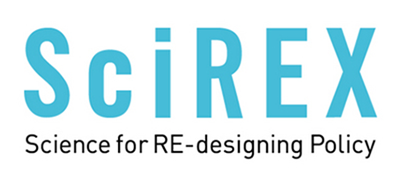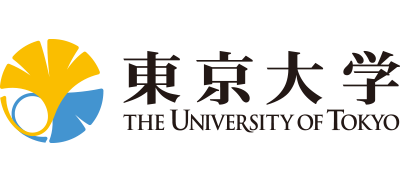Designing policy by learning and devising formulas for innovation
Innovations inevitably face several obstacles. Basically, we are hard to get an innovative idea. Even we successfully proposed such an idea, our colleagues, stakeholders, or even friends hardly recognize its value and are uncooperative to its realization. Once we launched an innovative product, service, or policy, the society often rejects them. How should we overcome these obstacles? A familiar choice is asking successful innovators.
They often provide us important insights; however, do their wisdom really applicable to your issues? Innovators only know the best choice for the environment he or she faced. Of course, analogies from such insights frequently useful. But it is a gamble. Is it a correct behavior to drag your friends and families into the uncertainty?
Academic knowledge prevents us from these gambles, or at least reduce the uncertainty. The academia has long leaded general logics from past experiences to increase a probability of success or to decrease a fear of failure. Indeed, generality is one of the most important criteria for academic work. More importantly, the mindset of academia enhances you to devise a new logic from your trial-and-errors.
At the same time, we must be aware of its limitation. Our bounded rationality only leads a general logic from a certain aspect. To illustrate, economics or management theories usually teach us a general way to achieve a materially wealthy life. Legal studies, by contrast, seek laws and regulations to achieve a fair society, and science and technology society theories aim at mentally rich society. Single academic discipline is not always helpful to resolve obstacles. Rather, an ability to understand a core logic of unfamiliar disciplines, in short, absorptive capacity would guide you to the way to eliminate the uncertainty of innovation.
Having studied intellectual property protection systems from the legal aspect and the management aspect for more than decades, I recognized the importance of multi-disciplinary and the debates from multiple standpoints. I expect all of you students to learn multi-disciplines and to expand your absorptive capacity. I am looking forward to seeing you in the classroom.



